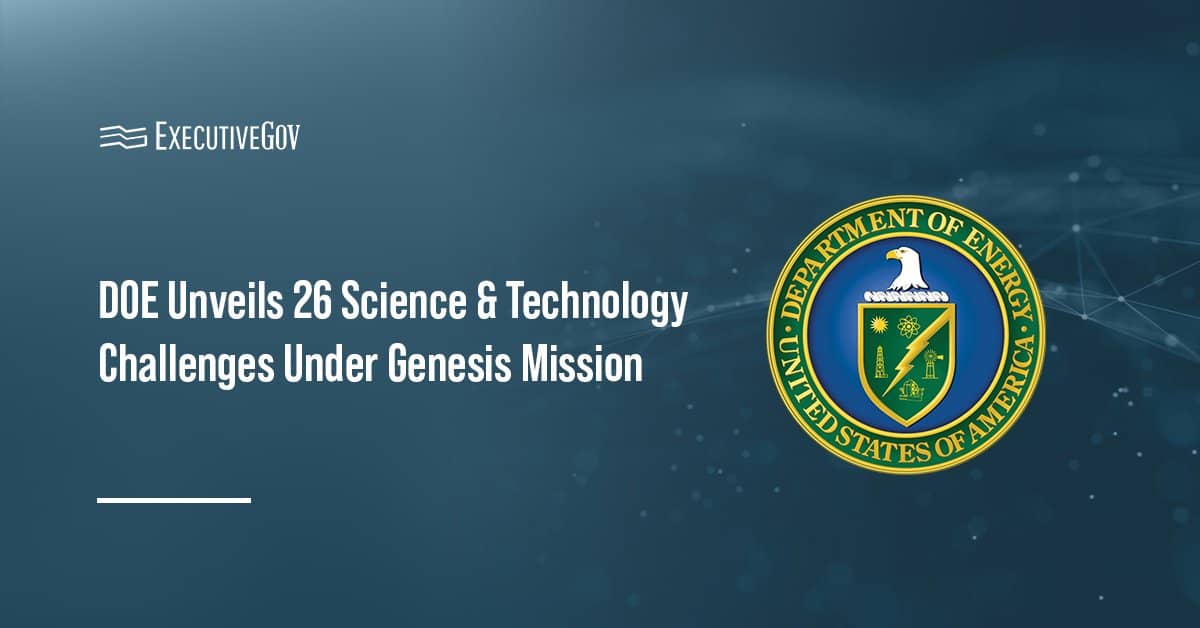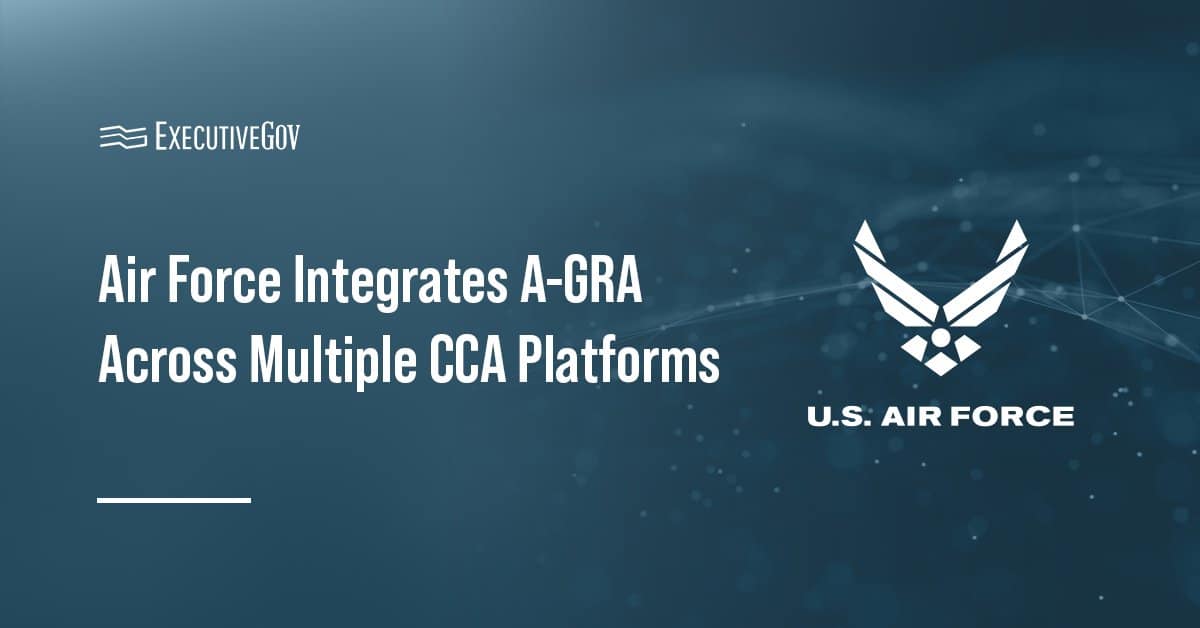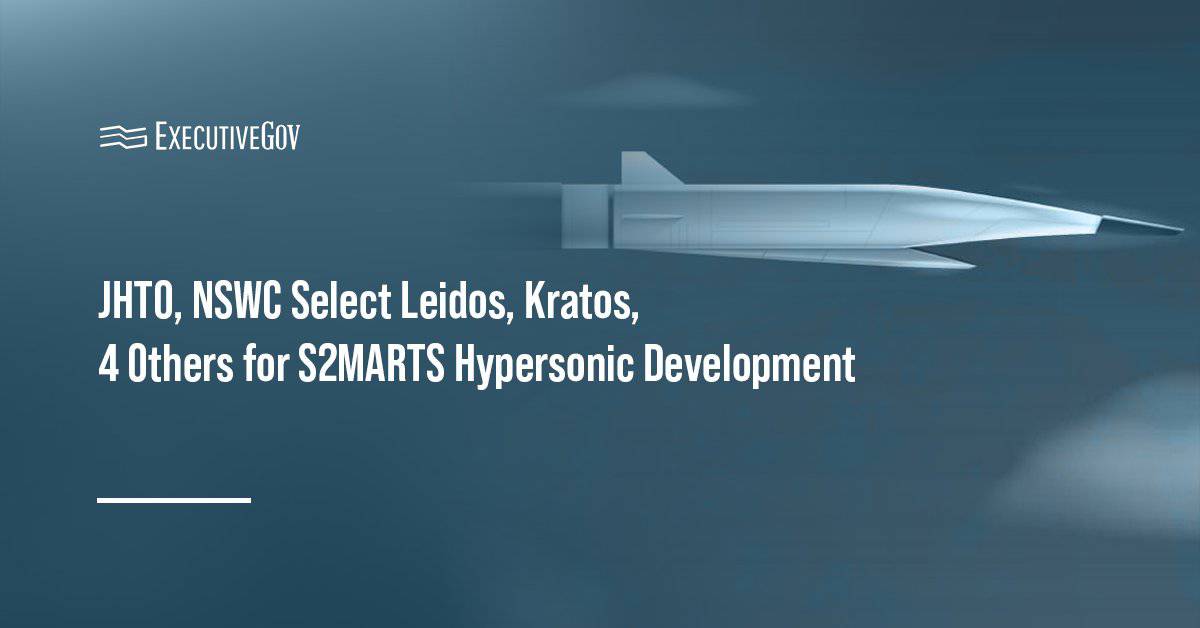Timothy Goddette, deputy assistant secretary of the U.S. Army for sustainment, said the service branch is moving forward with plans to acquire Electric Light Reconnaissance Vehicle prototypes as part of its efforts to adopt electric vehicles, Breaking Defense reported Tuesday.
“There is money for prototyping and working the early stages of the program, the requirement was approved,” Goddette said.
Goddette noted that the procured vehicles may not be fully electric and that the standards range “from hybrid through electric, depending on where the technology is.”
Funding for the eLRV prototyping requirement has been included in the upcoming fiscal 2024 budget request and deliveries are expected to begin in 2025, said Goddette.
Results from the prototype testing will inform the Army’s decision to proceed with the program.





